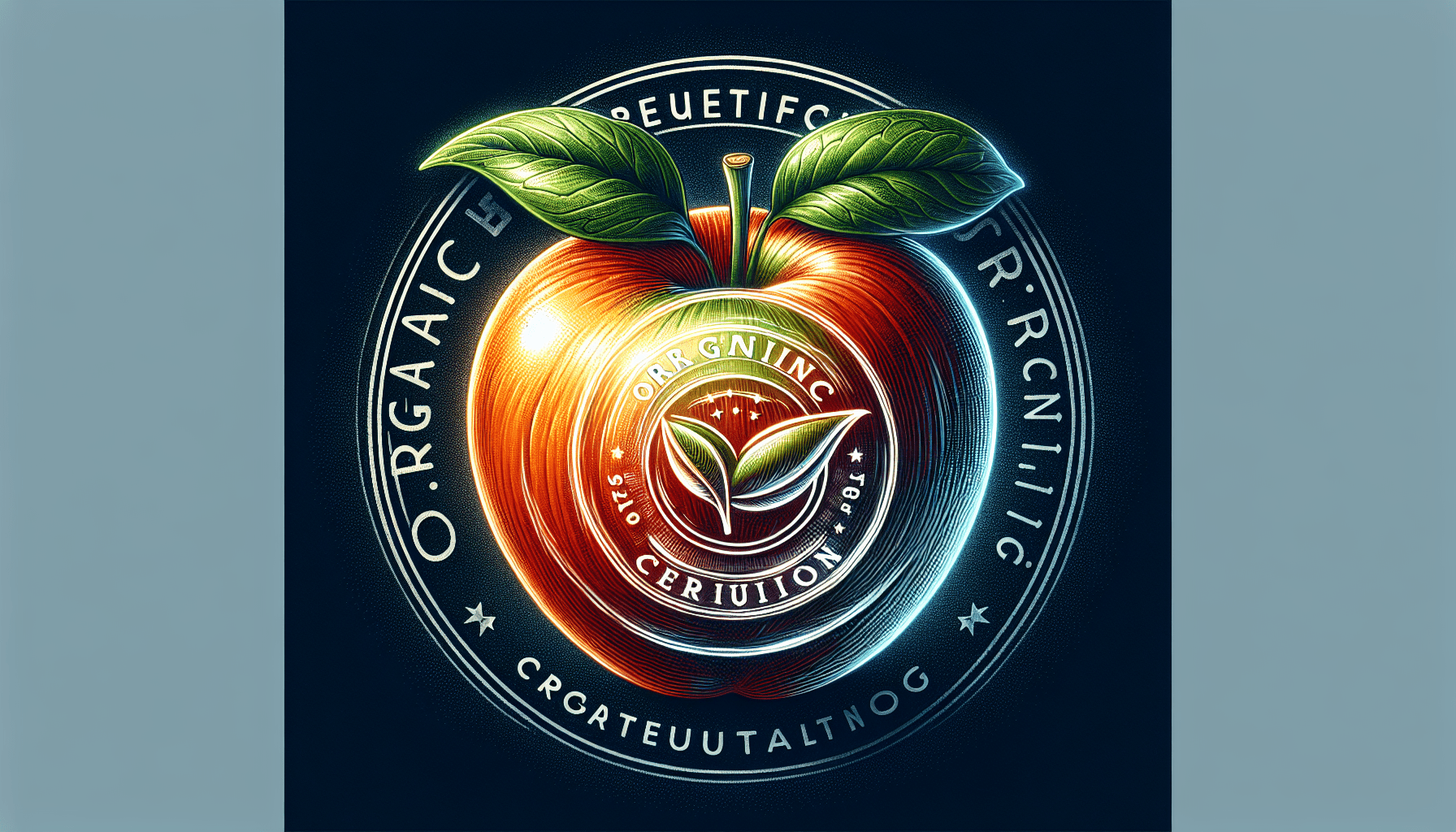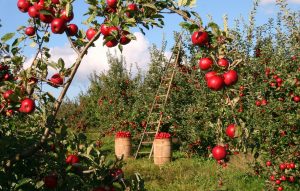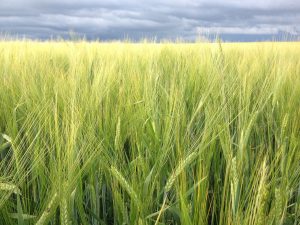Organic foods have gained immense popularity in recent years, as people become increasingly aware of the importance of consuming natural, pesticide-free produce. But with so many products claiming to be “organic,” it’s essential to understand how these foods are regulated and certified. This article will shed light on the intricate process that organic foods undergo to ensure their authenticity and provide consumers with a trustworthy guide to making healthier choices for themselves and their families.
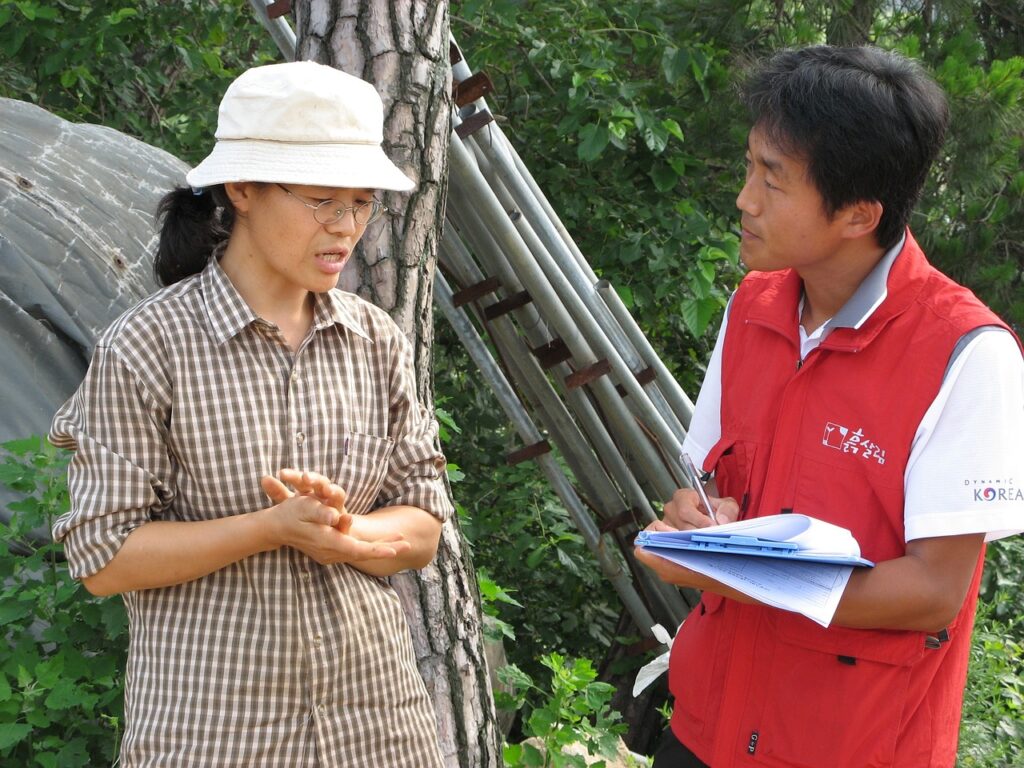
Definition of Organic Food
Defining organic food
Organic food refers to agricultural products that are grown and produced using methods that prioritize the health of the soil, ecosystems, and people. These farming practices promote sustainability, biodiversity, and the use of natural resources. Organic food is free from synthetic fertilizers, pesticides, genetically modified organisms (GMOs), irradiation, and sewage sludge.
Distinguishing organic from conventional food
While conventional food is produced using conventional farming methods that involve the use of synthetic chemicals and genetically modified organisms, organic food is produced using natural substances and processes. To be labeled as organic, food must meet specific criteria and adhere to strict regulations set forth by various certifying bodies.
Regulatory Bodies and Standards
International bodies
A number of international organizations play a crucial role in the regulation of organic food. The International Federation of Organic Agriculture Movements (IFOAM) is one such body that sets global standards for organic production and certification. Other international bodies include the Codex Alimentarius Commission and the International Standards Organization (ISO).
National bodies
In addition to international bodies, many countries have their own regulatory bodies responsible for organic food standards and certification. For example, in the United States, the United States Department of Agriculture (USDA) oversees the National Organic Program (NOP), which establishes the standards for organic agricultural practices and certification. Similarly, the European Union (EU) has regulations in place for organic farming and labeling.
Certification standards
Certification standards vary among countries and certifying bodies, but they generally cover aspects such as organic farming practices, record-keeping, labeling, and product testing. These standards ensure that organic food is produced and processed in accordance with specific guidelines and is free from prohibited substances. Organic certification is voluntary, but it is necessary to use the organic label on products.

The Organic Certification Process
Application and documentation
The organic certification process typically begins with farmers or food producers filling out an application form to request certification. This application requires detailed information about the farming practices, inputs used, and farming history of the applicant. Additionally, applicants must provide supporting documentation such as soil test results, crop rotation plans, and records of inputs used.
On-site inspection
Once an application is submitted, it is reviewed by the certifying body, and if deemed eligible, an on-site inspection is scheduled. Certified inspectors visit the farm or facility to verify that the organic standards are being followed diligently. These inspections assess factors such as soil quality, pest management practices, and the handling and storage of organic produce.
Labeling and record-keeping
After successfully completing the application, documentation, and on-site inspection processes, certified organic farmers and food processors are granted permission to use the organic label on their products. Alongside the organic label, companies are required to maintain records that demonstrate compliance with organic standards. This includes detailed records of inputs used, production processes, and sales records.
Organic Certification Marks
Different types of certification marks
Organic certification marks vary depending on the certifying body and country. For instance, in the United States, the USDA organic seal is used to indicate that a product has met the USDA’s organic standards. Similarly, the EU organic logo is used by European countries to identify organic products. There may also be additional certification marks specific to certain certifying bodies or organizations.
Requirements for using certification marks
To use a certification mark, such as the USDA organic seal, products must meet specific criteria outlined by the certifying body. These criteria typically include adhering to organic farming practices, keeping proper records, and undergoing regular inspections. The use of a certification mark allows consumers to easily identify and trust that the product they are purchasing is truly organic.
Third-party certification
Many certification bodies are third-party organizations that provide independent verification of organic practices and standards. These third-party certifiers ensure the integrity of the organic certification process by offering impartial assessments and inspections. This ensures that organic claims are not self-declared, but rather supported by external verification.

Organic Farming Practices
Prohibited substances
One of the pillars of organic farming is the prohibition of synthetic substances. The use of synthetic fertilizers, pesticides, growth hormones, and genetically modified organisms (GMOs) is strictly prohibited in organic farming. This restriction ensures that organic crops and livestock are not exposed to harmful chemicals and genetic modifications.
Crop rotation and soil management
Organic farmers implement crop rotation strategies to improve soil fertility and prevent disease and pest buildup. By rotating crops, nutrient depletion is minimized, maintaining a healthy balance in the soil. Additionally, organic farmers prioritize soil health by using organic matter, compost, and natural fertilizers to enrich the soil and promote biodiversity.
Natural pest and weed control
Organic farmers employ various methods to control pests and weeds without resorting to synthetic chemicals. These methods include biological control, where natural predators are introduced to control pests, as well as the use of companion planting and crop diversification to create natural pest barriers. Weeds are managed through methods such as manual cultivation, mulching, and the use of cover crops.
Organic Livestock Production Standards
Animal welfare
Organic livestock production standards prioritize the well-being of animals. Animals must have access to outdoor areas for exercise, fresh air, and sunlight. They must also be provided with appropriate housing, proper nutrition, and opportunities for natural behaviors. Antibiotics and growth hormones are strictly regulated, and their use is limited to specific conditions to ensure animal health.
Feed requirements
Organic livestock must be fed organic feed sourced from certified organic farms. Organic feed should ideally be locally produced to reduce environmental impacts associated with long-distance transportation. Genetically modified organisms (GMOs) are not allowed in organic animal feed. These requirements ensure that organic livestock are nourished with a diet that aligns with organic principles.
Antibiotic and hormone usage
Organic livestock production prohibits the routine use of antibiotics and growth hormones. Antibiotics are only used in specific cases to treat diagnosed illnesses, and animals treated with antibiotics are withdrawn from the organic system. Growth hormones are not permitted in organic livestock production, promoting the natural growth and development of animals.
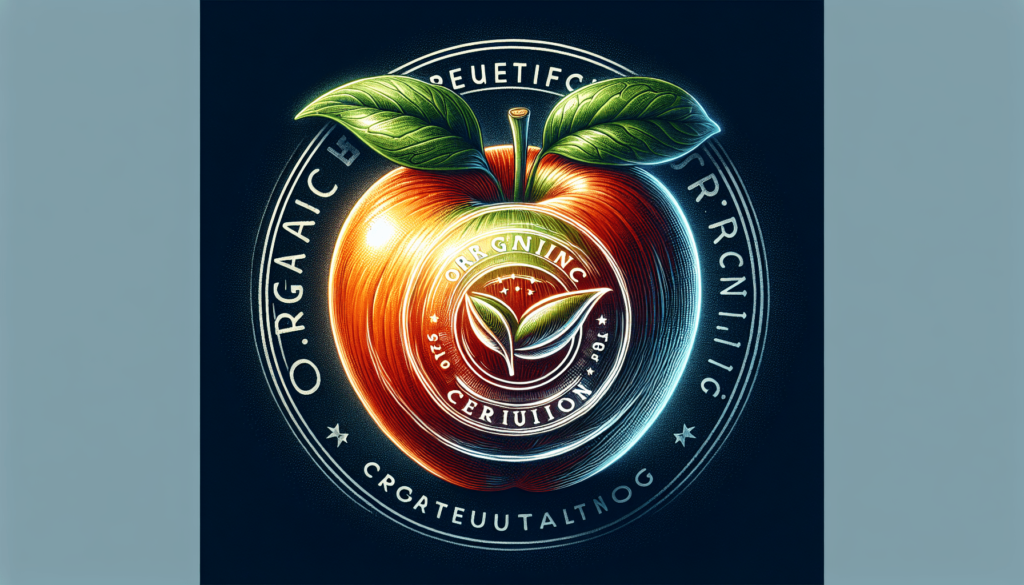
Testing and Sampling of Organic Foods
Sampling methods
Sampling methods involve the collection of representative samples of organic food products for testing. These samples are taken from various stages of the production and distribution process, including raw materials, processing facilities, and final products. Sampling is crucial to ensure compliance with organic standards and to detect any potential contamination.
Lab testing and analysis
Laboratory testing and analysis are conducted to verify the organic integrity of food products. These tests measure various parameters such as pesticide residues, genetically modified organisms (GMOs), and the absence of prohibited substances. Organic products undergo rigorous testing to ensure that they meet the required standards and are free from contaminants.
Pesticide residue limits
Organic food must adhere to strict pesticide residue limits. These limits are set to ensure that organic food is free from synthetic pesticides and any residues on the final products are within safe levels. Pesticide residue testing plays a vital role in maintaining the integrity of organic products and ensuring that consumers can trust the organic label.
Enforcement of Organic Regulations
Inspections and audits
To ensure compliance with organic regulations, regular inspections and audits are carried out by certifying bodies. Trained inspectors visit certified organic farms, processing facilities, and distribution centers to assess practices, review records, and identify any non-compliance issues. Inspections help maintain the integrity of organic certification systems and ensure that organic standards are upheld.
Product testing and surveillance
Product testing and surveillance are additional measures used to enforce organic regulations. Random product sampling and testing are performed to check for compliance with organic standards and detect any fraudulent activities. Surveillance programs help identify any potential mislabeling, fraud, or non-compliance, providing consumers with confidence in the organic products they purchase.
Penalties for non-compliance
Non-compliance with organic regulations can result in penalties, such as the loss of organic certification, fines, or legal actions. These penalties are in place to discourage fraudulent practices and maintain the credibility of the organic industry. The severity of the penalties may vary depending on the nature and extent of the non-compliance.
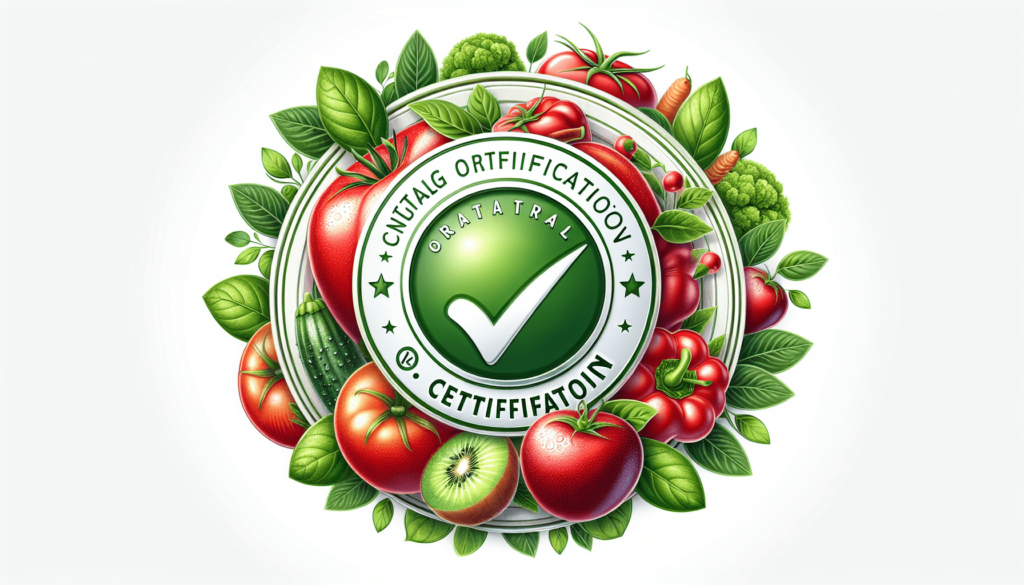
Import and Export of Organic Foods
International trade regulations
International trade of organic foods is governed by trade regulations outlined by various countries and organizations. These regulations ensure that imported organic products meet the standards and requirements established by the importing country. They address issues such as labeling, certification, and the prevention of fraud in organic imports and exports.
Importing organic products
When importing organic products, countries may require additional documentation to verify the organic integrity of the products. This documentation often includes organic certification certificates, import permits, and detailed records of the production and handling of the organic goods. Importing countries may also conduct inspections and product testing to ensure compliance with organic regulations.
Exporting organic products
Exporting organic products involves meeting the organic regulations in both the exporting and importing countries. Organic products must comply with the organic standards of the exporting country and be certified by the appropriate certifying body. This ensures that the organic integrity of the products is maintained throughout the export process and that they meet the requirements of the destination market.
Challenges and Controversies
Mislabeling and fraud
One of the challenges faced by the organic industry is the mislabeling and fraud of organic products. Some unscrupulous individuals may falsely label products as organic or use fraudulent certification marks. To combat this issue, regulatory bodies and certifiers have implemented rigorous certification processes, inspections, and penalties for non-compliance.
Genetic engineering and organic
The use of genetically engineered organisms (GMOs) is strictly prohibited in organic food production. However, there is ongoing debate and controversy surrounding the coexistence of organic and genetically modified crops. The organic industry strives to maintain the purity and integrity of organic products by excluding GMOs and advocating for clear labeling requirements.
Misunderstandings about organic farming
Organic farming is sometimes subject to misconceptions and misunderstandings. Some people may believe that organic farming practices are less efficient or that organic products have no significant benefits over conventional ones. However, the organic industry continues to educate consumers about the environmental and health advantages of organic farming, emphasizing its commitment to sustainability and ecological balance.
In conclusion, organic food is regulated and certified through a complex system involving international and national bodies, certification standards, and rigorous processes. The organic certification process includes application, documentation, on-site inspections, and adherence to labeling and record-keeping requirements. Different certification marks are used to identify organic products, which are produced using organic farming practices and natural pest and weed control methods. Livestock production standards prioritize animal welfare and restrict the use of antibiotics and growth hormones. Testing, inspections, and surveillance programs enforce organic regulations, and penalties exist for non-compliance. Import and export of organic foods require compliance with trade regulations and certification requirements. Challenges and controversies faced by the organic industry include mislabeling, genetic engineering, and misunderstandings about organic farming. Through effective regulation and certification, organic foods provide consumers with a trusted and sustainable choice.

